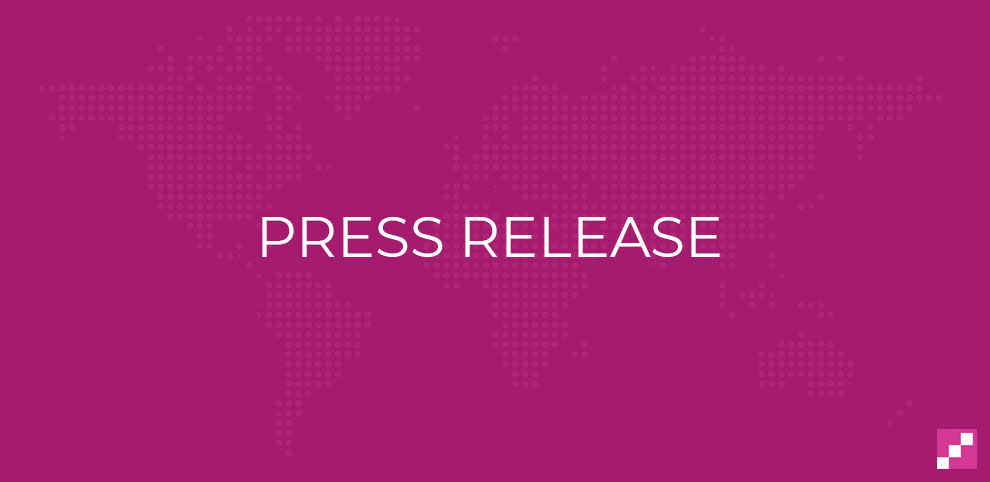
Non-Governmental Organisations are Pillars of Development Cooperation in Saxony
Published By Pressat [English], Fri, Feb 19, 2021 12:51 AM
Dresden, 16 February 2021 – Non-governmental organisations (NGOs) are a mainstay of development cooperation in Saxony. This is the result of a study presented by the global think tank UNU-FLORES on Tuesday. The Institute, which opened in 2012 and is based in Dresden, is part of the United Nations University and deals, among other things, with strategies for the sustainable use of resources.
The results of an online survey and focus interviews show that there is an extremely committed and lively NGOs scene in Saxony. The most important fields of activity are education and public relations work as well as projects with partners in the Global South.
According to the study, there are about 130 initiatives in Saxony that realise very successful projects regularly. A quarter of the groups have existed for more than 30 years. Sixty to 65 per cent of the volunteers in development cooperation are women.
Oliver Schenk, Head of the State Chancellery, emphasised: “The non-governmental organisations with a focus on development cooperation implement important and effective projects on the ground and also carry out important educational and information work on global issues in Saxony. The study shows how large and wide-ranging the commitment is and offers an important orientation for the regional focus on certain states of the Global South. As for fields in which we can better support the actors, the study mentions networking with other social groups, for example, with the business community.”
The Executive Director of the Entwicklungspolitisches Netzwerk Sachsen e.V., Dorothea Trappe, explained: “In Saxony, mostly the same people have been committed to global justice for many years, supporting projects of their partner organisations, for example, in Tanzania, Uganda, Vietnam, or Bolivia. A fair-trade shop (Weltladen) in Großenhain or Bischofswerda, in Aue or Annaberg, is often the focal point for democratic engagement here as well as for responsibility with international partner organisations. Fortunately, many new young associations are being established, especially in Dresden and Leipzig, for whom both development education and partnership work are important. From our point of view, it cannot be appreciated enough how committed volunteers in smaller places work to make the world a little bit fairer, partly also against many resentments and despite tricky conditions.”
The study “Nichtregierungsorganisationen als Träger der ehrenamtlichen Entwicklungszusammenarbeit in Sachsen” (“Non-Governmental Organisations as Pillars of Voluntary Development Cooperation in Saxony”) was commissioned by the Saxon State Chancellery. Until now, there has been no scientific analysis of voluntary work in this field.
Prof. Edeltraud Guenther, UNU-FLORES Director, said: “On the part of UNU-FLORES, we were very happy to carry out this study. As part of the United Nations University, our institute not only promotes young scientists from the Global South, but our research also aims to solve pressing problems there, for example, in the environmental sector. The UN’s 17 global goals for sustainable development form the framework of our work. Non-governmental organisations make an important contribution to this, which derives a very high benefit locally. We were very pleased with the response from civil society; we are very satisfied with the significance of the outcome. The study shows that NGOs in Saxony, for example, could benefit from more joint publicity. Networking with other social groups, especially in science and business, also offers considerable potential.”
Saxon NGOs maintain partnerships in more than 50 countries that belong to the group of emerging and developing countries. There is also cooperation with other partners, including in the EU, but also with Japan and Australia. There are various regional networks. In Africa, for example, these are found in Eastern Africa – with Tanzania, Uganda, Kenya, and Ethiopia. Examples of such commitment, which has existed for decades, are the Dresdner Arbeitskreis Entwicklungshilfe e.V. or the Leipziger Missionswerk.
The study confirms that the measures of the Saxon state government are in the right place. The funding channels strengthen voluntary engagement and the networking of private voluntary actors with the world. The study affirms programmes such as the promoter programme “Education for Sustainable Development” or the programme “Weltoffenes Sachsen”. It encourages them to deepen thematic networking and to further tap civil society potential, which successful professional groups, in particular, offer.
The Free State of Saxony has been supporting development policy projects and initiatives since 2017. The members of the Saxon State Parliament laid the foundation for this in each case. In 2019, 550,000 euros were available; for 2020, 700,000 euros were initially planned, which were increased to 900,000 euros for a special programme on COVID-19 prevention.
Press release distributed by Media Pigeon on behalf of Pressat, on Feb 19, 2021. For more information subscribe and follow